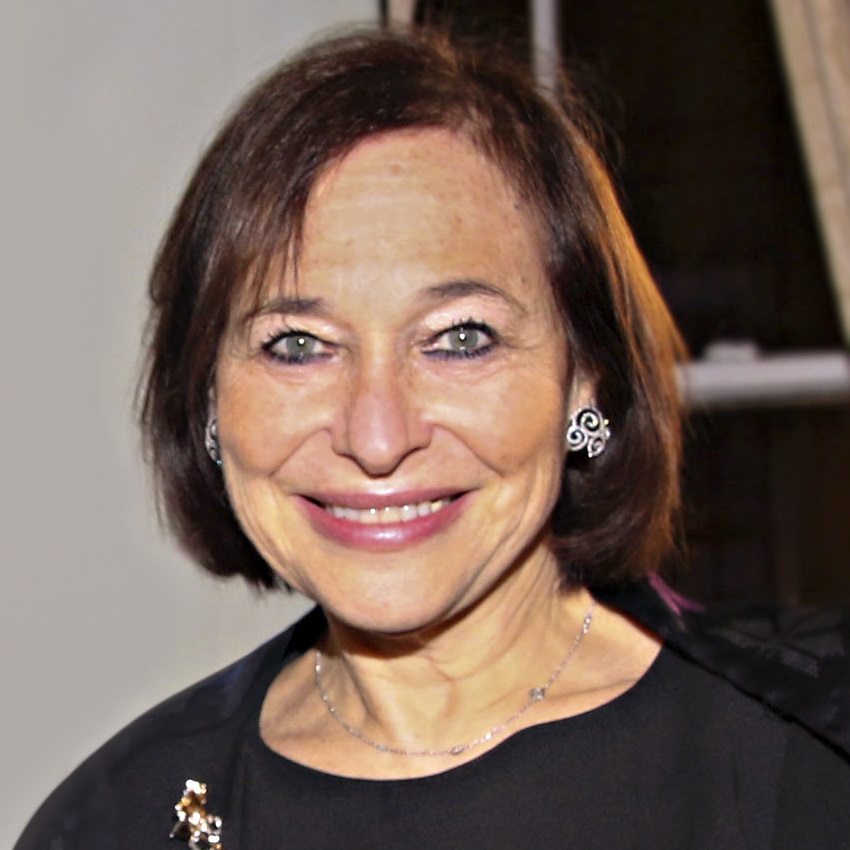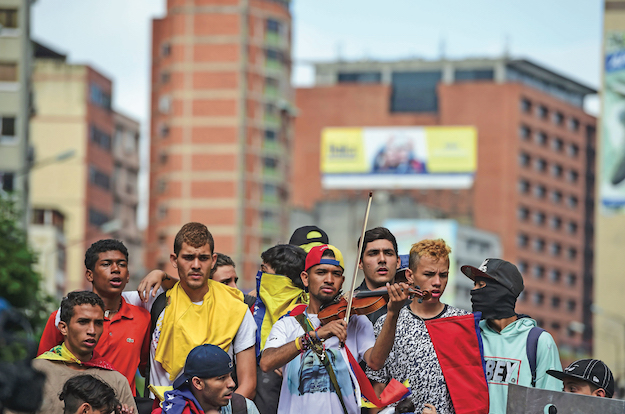This article is adapted from Americas Quarterly’s print issue on Venezuela after Maduro.
It was 1976 when I landed in Caracas, 23 years old and single, to start my first full-time job as a Citibank international trainee.
It was an incredibly exciting time for me, living in my own apartment, and working in Venezuela. At that time, Venezuela was considered one of the safest and most prosperous countries in Latin America. In fact, I traveled around the country on my own, arrived home alone late in the evenings, and felt totally safe. Many said it was the strongest and most stable democracy in Latin America. And my experience in the country did not contradict any of it.
1976 was also a pivotal year for Venezuela, as on January 1 then-President Carlos Andrés Pérez nationalized the oil industry.
If I were to describe the country in 1976 versus 2018, I would say: Polar opposites!
So, what happened?
Well, maybe the downward spiral actually began in 1976 when the oil industry was nationalized, allocating all oil revenues to the government. This created an environment that was ripe for corruption: a small and concentrated private sector, a government with too many resources, and political parties and leaders who passed the presidency between themselves — and ceased to work to improve the lives of ordinary Venezuelans.
So when I traveled to Venezuela to participate on a board in the 1990s, I should have not been surprised by the feedback I received from a very disillusioned, suffering middle class. No one should have been surprised by the emergence of Hugo Chávez and the hope he conveyed to Venezuelans.
But as with many populist governments, the promises evaporate, corruption becomes even more rampant and authoritarianism becomes their only path to remain in power. And so, the sad picture of Venezuela today: a country with severe deficiencies of food, medicine and personal security and, of course, no clear path to a return to democratic governance. But without a return to democracy there is no scenario under which the country can recover.
When democracy does return, Venezuela will require leadership: leadership to merge the many voices within the opposition, leadership to hold and win free and fair elections, and leadership to help the country emerge from its worst humanitarian and institutional crisis. But make no mistake: Venezuela’s problems go much deeper than Nicolás Maduro. They go back decades. Recovery will require consensus, willpower and tough decisions.
The 10 leaders highlighted in this issue represent a new generation of role models and leaders who might put the country back on that path. There are others, too, including those who suffer each day without proper nutrition and safety. The future will be in their hands. All of them — and the global community — yearn to see the return of a prosperous and free Venezuela.
—
Segal is the president and CEO of AS/COA






